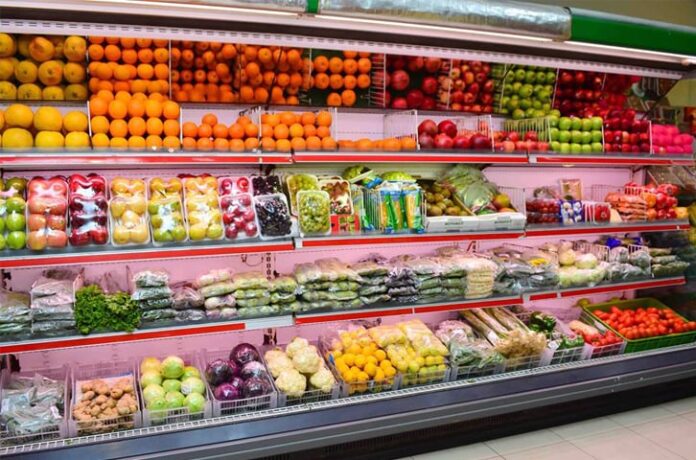ISLAMABAD: The import of food products into the country decreased by 3.92 per cent during the first eight months of the current financial year (2019-20) as compared to the corresponding period of last year, the State Bank of Pakistan (SBP) reported on Wednesday.
Food imports into the country during July-February FY20 were recorded at $1,610.657 million, as against the import of $1,676.530 million during July-February FY19.
The food commodities that contributed to the negative growth included edible fruits and nuts, import of which dipped from $23.535 million last year to $22.129 million during the period under review, showing a decline of 5.97pc.
The import of coffee, tea, mate drink and spices decreased by 7.55pc, from $423.468 million to $391.471 million, whereas the import of oil seeds and oleaginous fruits also dropped by 10.32pc, from $846.571 million to $759.193 million.
Similarly, milling industry imports declined by 32.75pc, from $15.293 million to $10.284 million, while the import of vegetable saps and extracts plunged by 5.45pc, from $12.183 million last year to $11.519 million.
The import of edible vegetable, however, witnessed a growth of 12.95pc, from $289.757 million to $327.282 million, whereas the import of cereals increased by 34.10pc, from $46.484 million to $62.336 million.
It is pertinent to mention that the country’s trade deficit during 8QFY20 reduced by 26.06pc compared to the corresponding period of last year.
The trade deficit during July-February FY20 was recorded at $15.872 billion against the deficit of $21.467 billion during July-February FY19.
The export from the country during the period under review increased by 3.62pc, from $15.097 billion last year to $15.643 billion during the current year, whereas imports into the country fell by 13.81pc, from $36.563 billion to $31.515 billion.




